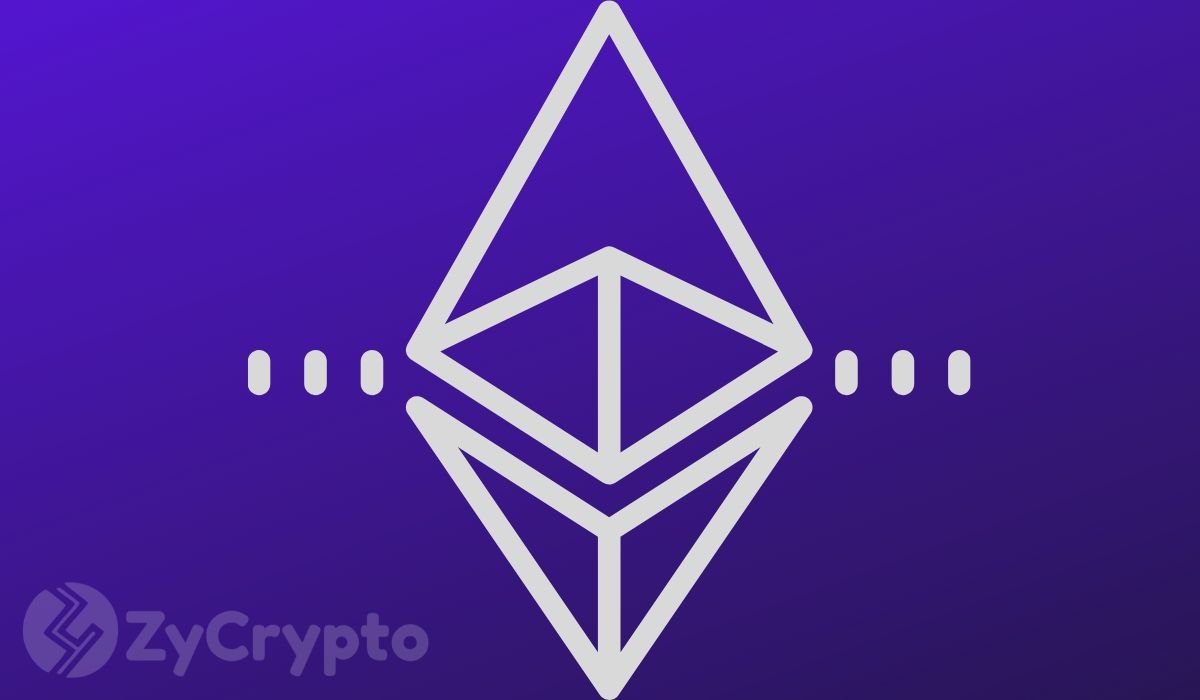Investor and Cryptocurrency researcher Qiao Wang recently took to Twitter to show support for other upcoming DeFi platforms while highlighting Ethereum’s exorbitant fee charges as a loophole that creates an opportunity for innovative projects to flourish.
Since the last couple of weeks, Ethereum has been on a hot seat after fee charges went sky-high following increase in network usage and Wang believes this to be a promising opportunity for applications that can create a fix. Until the Ethereum 2.0 upgrade is complete, Wang says there is still room for underground platforms to outperform.
Initially, Wang opined that new platforms were trying to imitate the Ethereum network and most of the features particular to the network. Inferring that a growing number of applications have been a rip-off of the Ethereum network, Wang previously explained that Ethereum had already carved a space for itself with authenticity and urged newbies to “pioneer new use cases.”
Qiao Wang; There is room for other platforms to thrive
Upon exploring other DeFi platforms, Wang is making clear that there is infact a good chance that Ethereum could get “dethroned” by a more scalable Blockchain network. Laying emphasis on the increased cost of fees required to process transactions, Wang’s take is that the Ethereum Blockchain is behind on speed and scalability which is terms as a “bad user experience.”
Since the year began, Ethereum fee charges have reportedly spiked by 637% due to congestion on the network as transactions took an upsurge. Times like this warrant Miners to prioritize transactions of utmost importance, which is determined by how much a customer is willing to pay.
This in itself is how blockchains are designed, however, Ethereum particularly struggles with maintaining scalability due to expensive gas fees, thereby causing fee charges to skyrocket beyond the expected estimate. About two weeks ago, a $2.6 million charge was deducted for a transaction of $133.95.
While this probably happened because the user may have inputted more money than he intended to transfer, over a million in fee charge for any amount of transaction still mirrors the network’s underlying issues of scalability. Meanwhile, Vitalk Buterin has reiterated that Ethereum 2.0 is guaranteed to solve the network’s scalability problems while providing many other benefits to its users.
Having been a long time Ethereum supporter, Wang’s opinion generally comes as a shock to Ethereans. Still he acknowledges that despite the rise of “ETH Killers” in the past couple of years, Ethereum is outperforming every one of them. But he insists that the probability for a handful to survive is now and that the competition will be highly beneficial for the Ethereum network.







